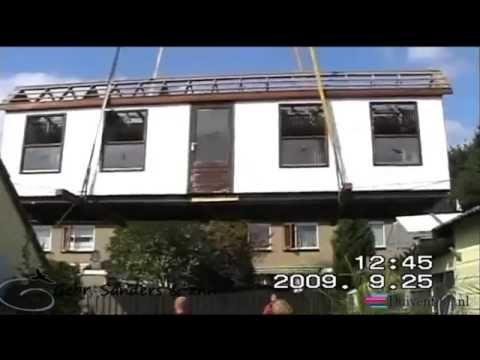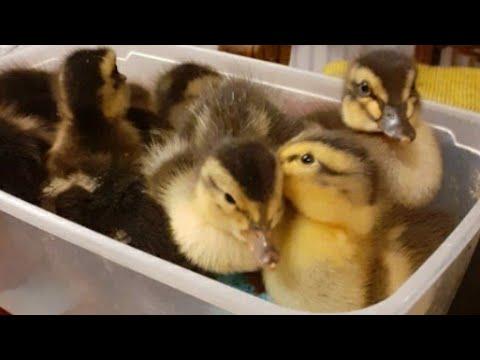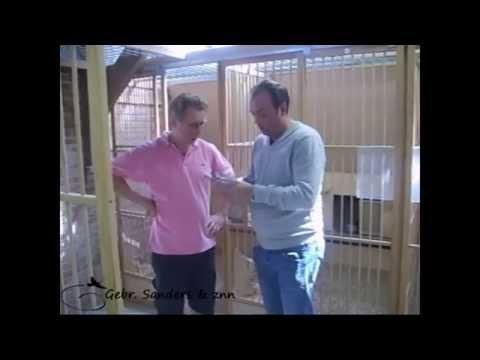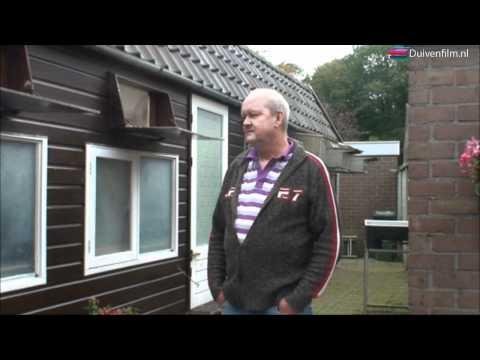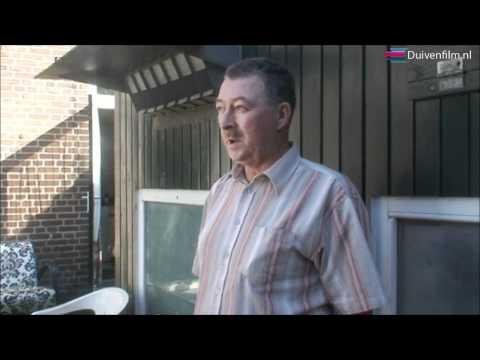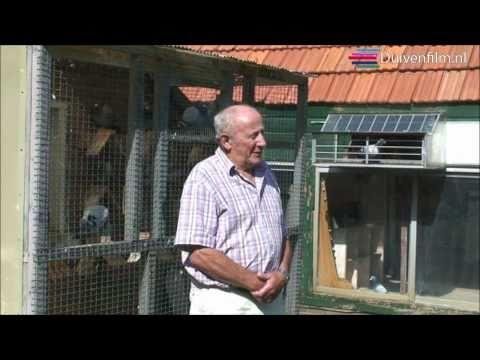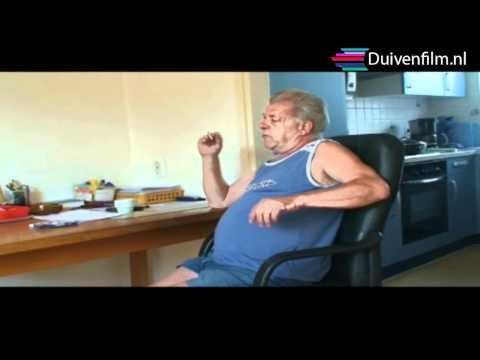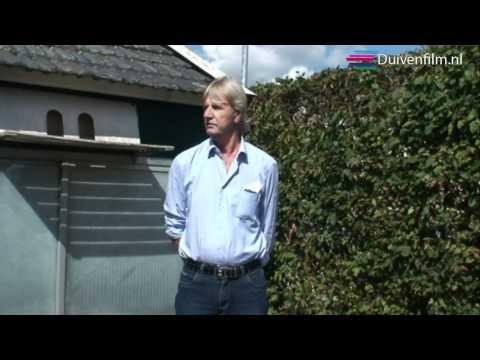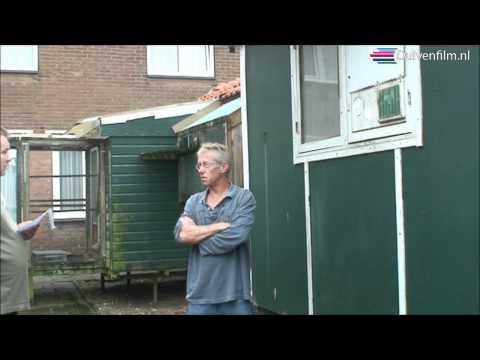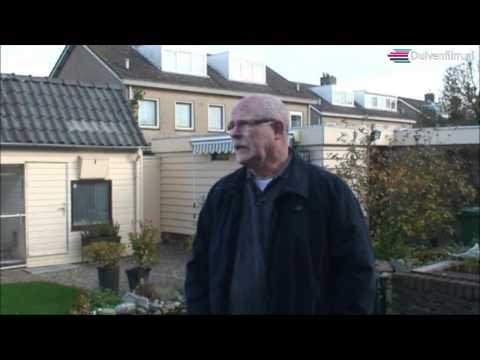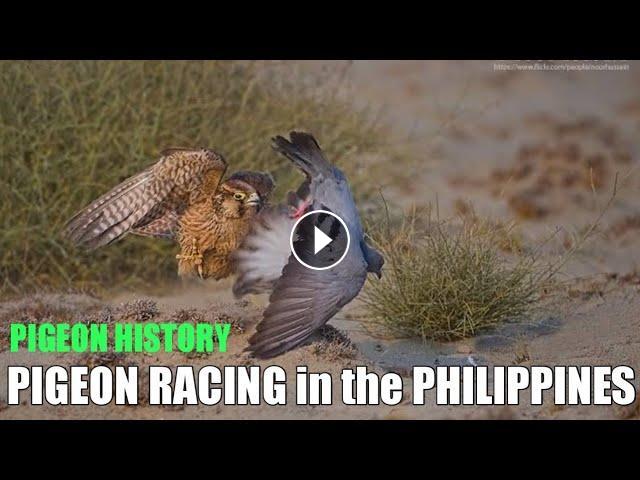Welcome to my channel l Pekeng Ilokano channel is about History of Racing Pigeon of World Famous and Legendary Pigeon Fanciers.
All the videos, songs, images, and graphics used in the video belong to their respective owners and I or this channel does not claim any right over them.
● Tips
● Method
● Medication
● Motivation
● Feeding
Brief History of Pigeon Race in the History..
PIGEON RACE IN THE PHILIPPINES!
In the Philippines, the start of Pigeon Racing could be attributed to the club races organized by General Conrad of the US Army Signal Corps through the Homing Pigeon Club around the mid 1930s. They started with the use of stocky and reliable homing pigeons brought by American GIs. One of the avid fanciers to join these races was Jose Montilla.
Philippine Homing Club Inc. is the oldest and most prestigious pigeon racing club in the country. The club was formed 1958 and formally registered in 1960
When the war broke out, races were discontinued and the pigeons were distributed to the members of the club. After the war, Montilla was able to secure pigeons from the US Signal Corps when they left the country in the 1950s. Another remarkable man was Eulogio Chua who imported racing pigeons from the US, Belgium and France during the period of 1945 to 1957, improving the bloodlines of the racing pigeons in the country. In 1958, the Philippine Homing Pigeon, Inc. (PHA) was formed by Jose Montilla, Eulogio Chua, Celso M. Estrella, Salvador Gorostiza, Antonio D. Tengco, Ben Araneta, Peter Yap, Cham Teng Hui, Perfecto Domingo, Nick Bustamante, Tony Dee, and Elias Hechanova. These men pooled their resources and made use of PNR railways to race pigeons in Gumaca, Naga, and Legaspi. In 1960, they took the Northern Route using buses and three years later, tried the Basco, Batanes lap.
Through the efforts of Cham Teng Hui who contacted land surveyors, accurate distances between release points and lofts were measured; eventually, PHA got hold of second-hand clocks from Belgium which the members bought for cheap prices.
_____________________________________
Copyright Disclaimer- This channel used some contents for educational purposes under fair use. Copyright Disclaimer Under Section 107 of the Copyright Act 1976, allowance is made for "fair use" for purposes such as criticism, comment, news reporting, teaching, scholarship, and research. Fair use is a use permitted by copyright statute that might otherwise be infringing. Non-profit, educational or personal use tips the balance in favor of fair use. Image Collected from Google.Com. Information Collected: Google.com
All the videos, songs, images, and graphics used in the video belong to their respective owners and I or this channel does not claim any right over them.
● Tips
● Method
● Medication
● Motivation
● Feeding
Brief History of Pigeon Race in the History..
PIGEON RACE IN THE PHILIPPINES!
In the Philippines, the start of Pigeon Racing could be attributed to the club races organized by General Conrad of the US Army Signal Corps through the Homing Pigeon Club around the mid 1930s. They started with the use of stocky and reliable homing pigeons brought by American GIs. One of the avid fanciers to join these races was Jose Montilla.
Philippine Homing Club Inc. is the oldest and most prestigious pigeon racing club in the country. The club was formed 1958 and formally registered in 1960
When the war broke out, races were discontinued and the pigeons were distributed to the members of the club. After the war, Montilla was able to secure pigeons from the US Signal Corps when they left the country in the 1950s. Another remarkable man was Eulogio Chua who imported racing pigeons from the US, Belgium and France during the period of 1945 to 1957, improving the bloodlines of the racing pigeons in the country. In 1958, the Philippine Homing Pigeon, Inc. (PHA) was formed by Jose Montilla, Eulogio Chua, Celso M. Estrella, Salvador Gorostiza, Antonio D. Tengco, Ben Araneta, Peter Yap, Cham Teng Hui, Perfecto Domingo, Nick Bustamante, Tony Dee, and Elias Hechanova. These men pooled their resources and made use of PNR railways to race pigeons in Gumaca, Naga, and Legaspi. In 1960, they took the Northern Route using buses and three years later, tried the Basco, Batanes lap.
Through the efforts of Cham Teng Hui who contacted land surveyors, accurate distances between release points and lofts were measured; eventually, PHA got hold of second-hand clocks from Belgium which the members bought for cheap prices.
_____________________________________
Copyright Disclaimer- This channel used some contents for educational purposes under fair use. Copyright Disclaimer Under Section 107 of the Copyright Act 1976, allowance is made for "fair use" for purposes such as criticism, comment, news reporting, teaching, scholarship, and research. Fair use is a use permitted by copyright statute that might otherwise be infringing. Non-profit, educational or personal use tips the balance in favor of fair use. Image Collected from Google.Com. Information Collected: Google.com
- Categorie
- Engels
Log in of aanmelden om een reactie te plaatsen.
Wees de eerste die een reactie plaatst.





